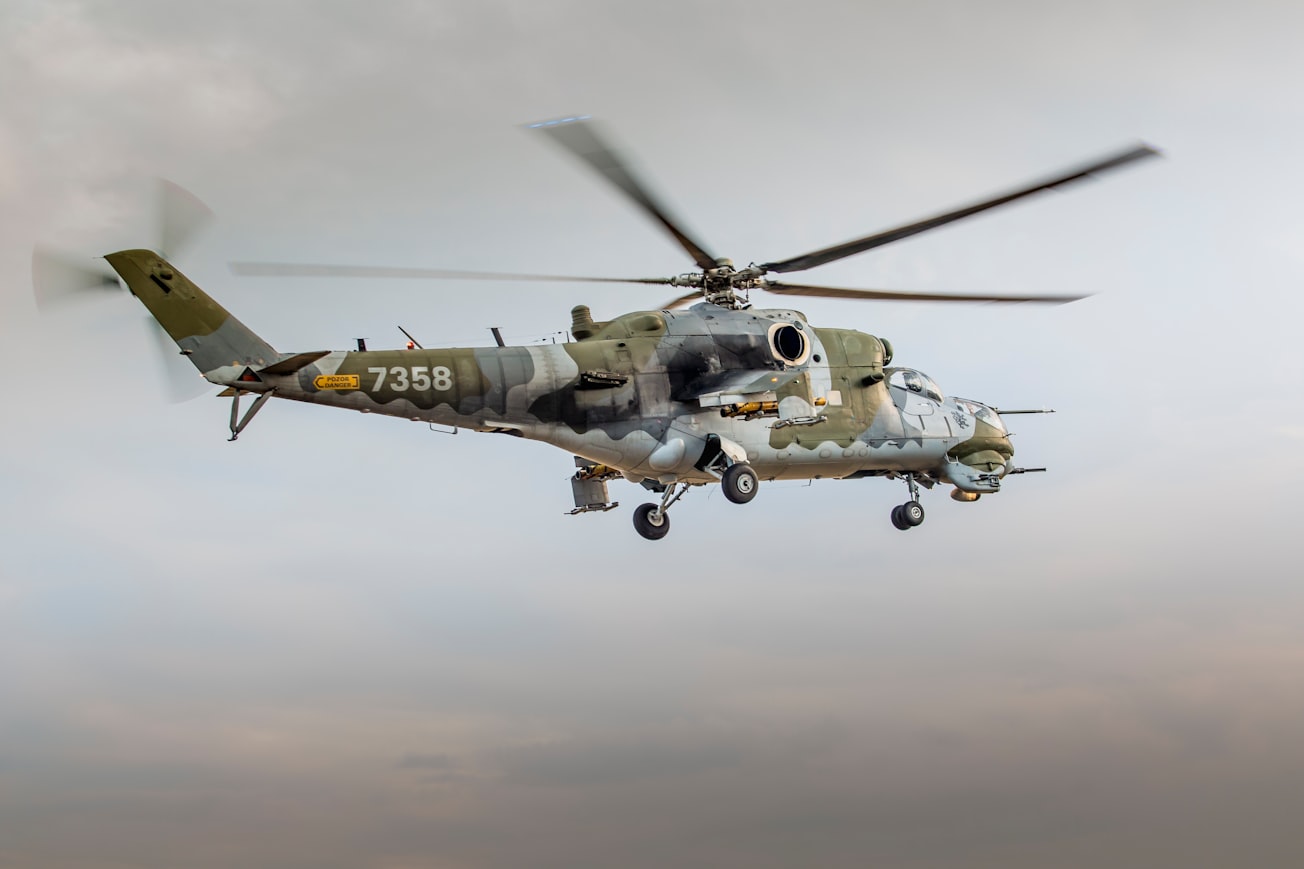What is it about?
Russia's Defense Reform (2008-2012) has brought large-scale changes that increased Russia's capabilities in Crimea and Syria. However, some initial decisions were not implemented because of the bureaucratic opposition and poor strategy. This paper examines the role of various interest groups in affecting the ultimate reform outcomes.
Featured Image

Photo by Curioso Photography on Unsplash
Why is it important?
My findings show that even in non-democratic environments the position of interest groups may play a vital role in the reform outcomes. In the case of Russia, these groups are an integral part of the Russian political system. The inability to take their position into account resulted in changes in the ultimate reform outcomes.
Perspectives
I think this article may provide an insider perspective on the military policymaking in Russia. It is particularly useful for most post-Soviet decision-makers and international experts for a better understanding of policymaking processes in Russia. I hope you find it thought-provoking and "rich" with empirical materials that would stimulate your interest in a critical and rigourous view on Russia's military capabilities and policymaking capacities.
Kirill Shamiev
Central European University
Read the Original
This page is a summary of: Against a Bitter Pill: The Role of Interest Groups in Armed Forces Reform in Russia, Armed Forces & Society, May 2019, SAGE Publications,
DOI: 10.1177/0095327x19852648.
You can read the full text:
Resources
Contributors
The following have contributed to this page










